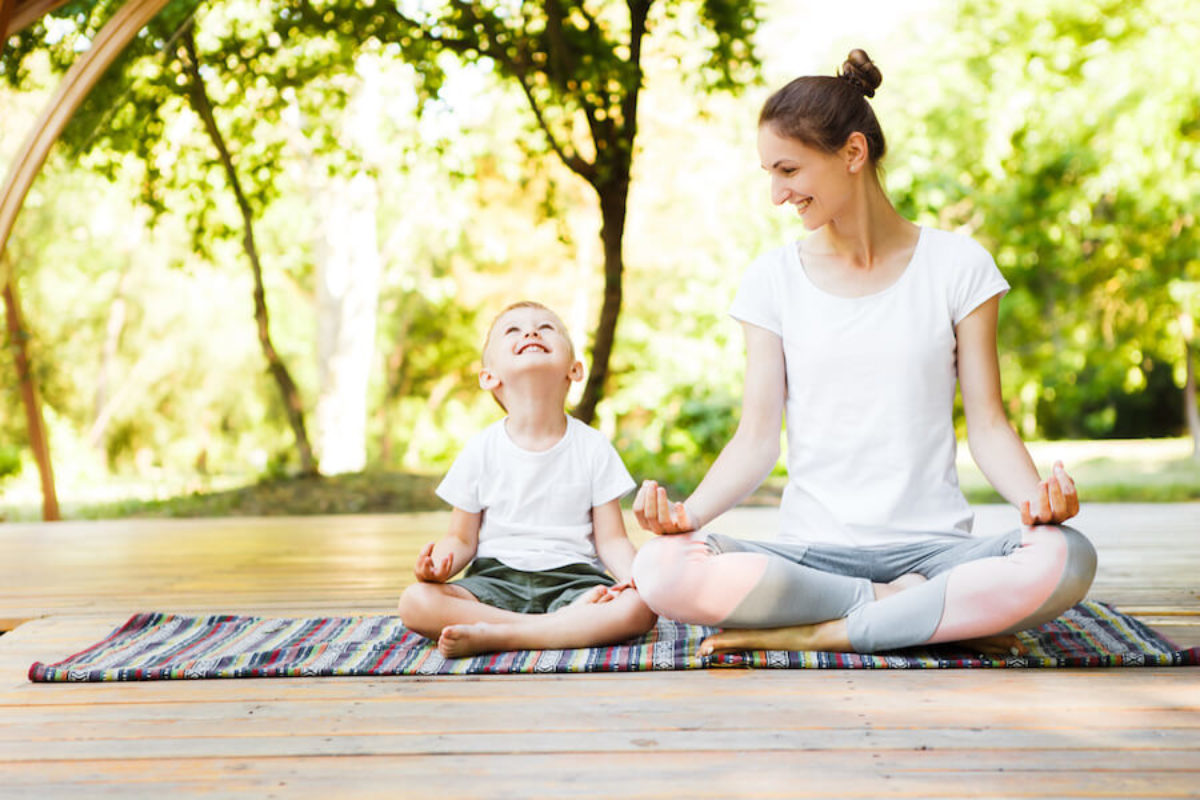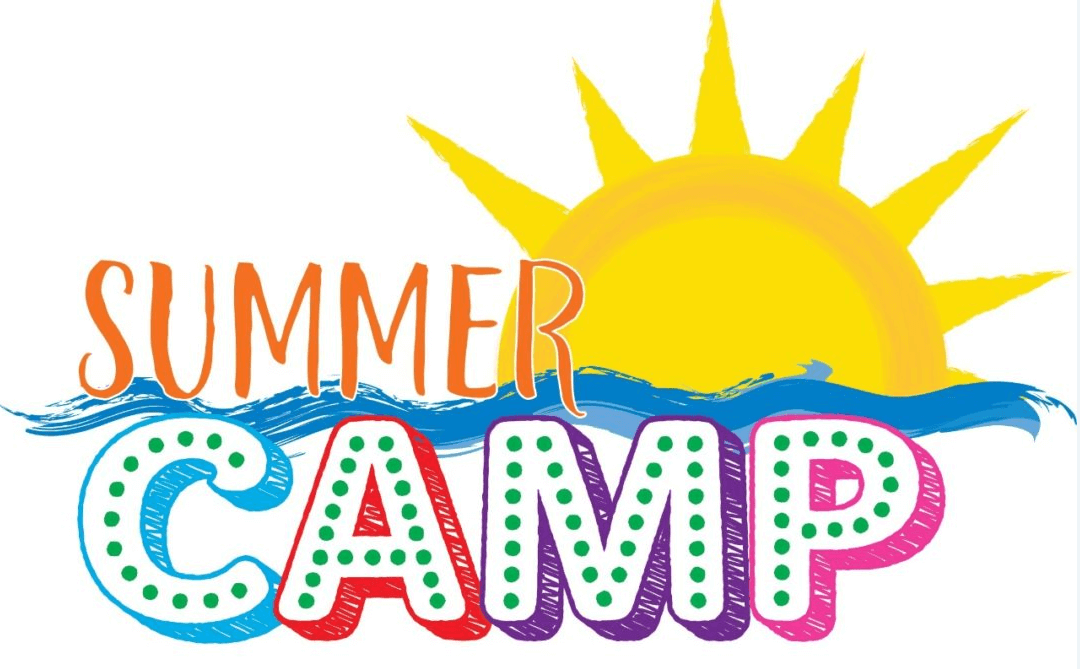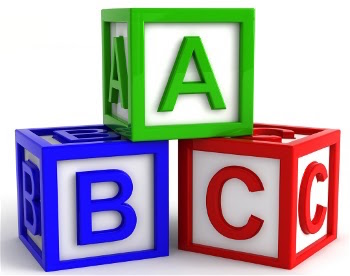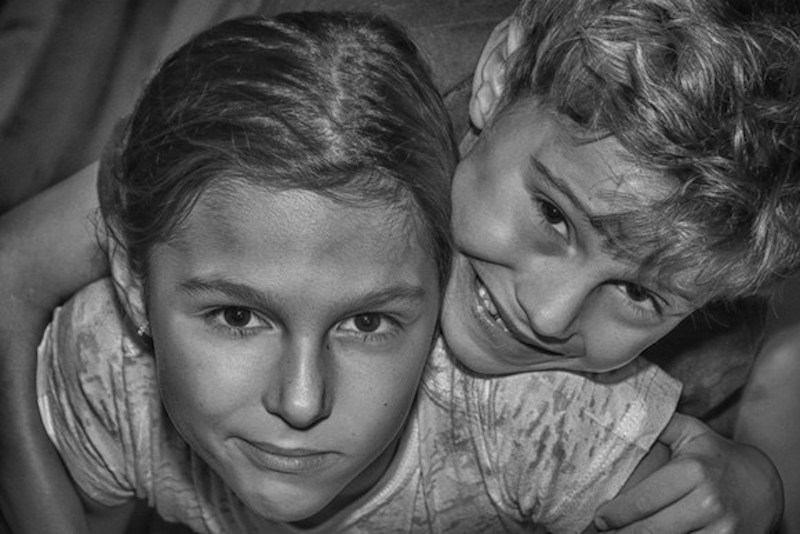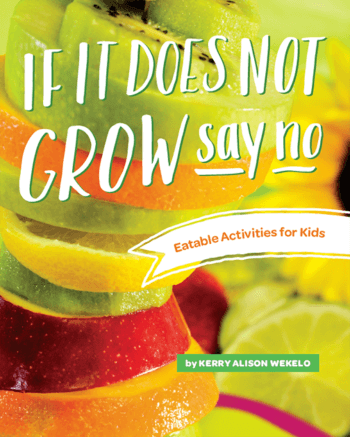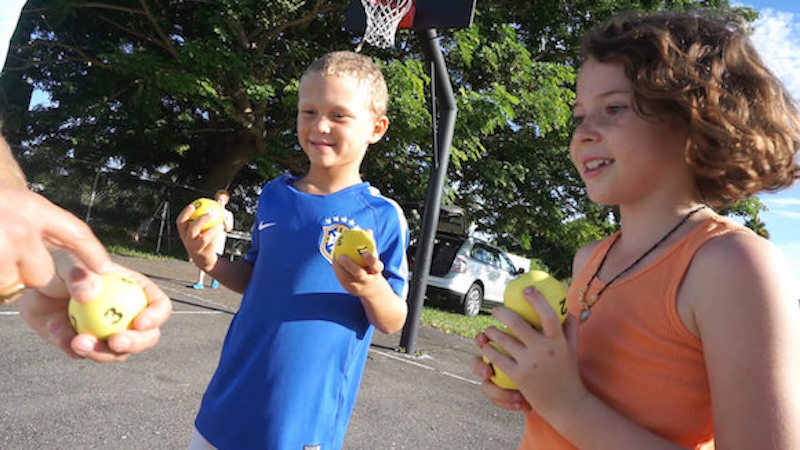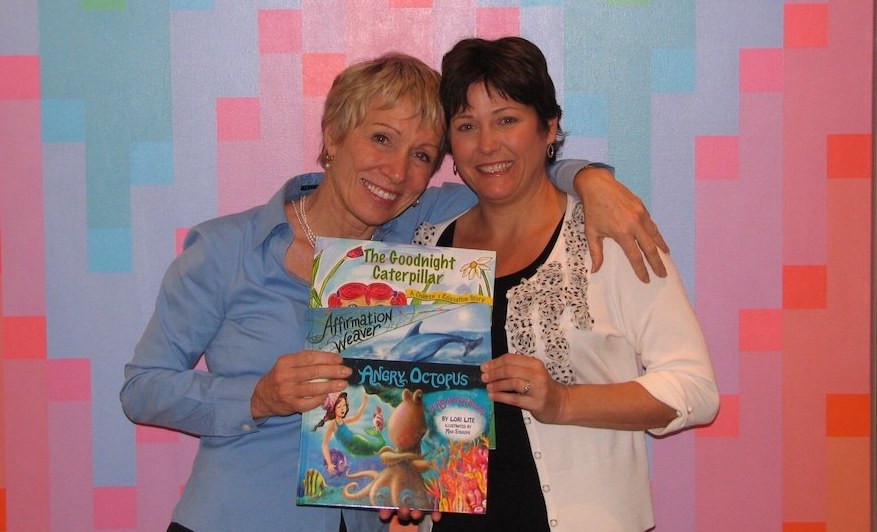Blog
Kids and Power
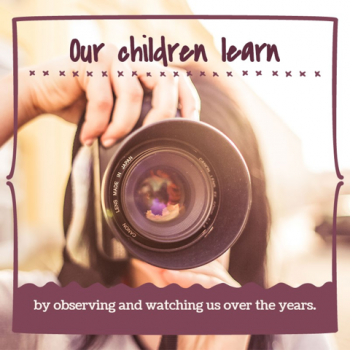
Note to Readers: Parenting kids and power go hand in hand. The power struggle becomes evident at the age of 2 when your toddler begins to try exert their own power over you and the world around them. It is never too soon to reflect on how and what you are teaching your children about power. Thanks to Natasha Solovieff of OMGParenting for writing this.
In the adult world we talk about 5 kinds of power: coercive, legitimate, reward, referent, expert. That’s pretty much for classroom learning. On the floor of the real world, kids in fact learn about these kinds of power through family life. From the voice of a child it would sound like this:
- Who has more power, Mom or Dad and why?
- What do we do in our family when we really want something – manipulate, scare, convince, collaborate?
- When we are given responsibility to clean the house/buy the groceries/answer the phone….what flexibility are we granted when we need to change the game plan?
- When we feel someone treats us wrongly, what way of handling that is honored by my family, my peers?
- When we do something well, who rewards me – you or I?
- Who in life is celebrated and why?
- What did you express when successful? What did you want from me when I was successful?
- What did you do when defeated? What was I allowed to be like when I felt defeated?

Power may seem like actions – that’s how it’s taught a lot. For instance, to have legitimate power, you get into a titled position. Yet we emerge out of childhood, into adulthood, knowing a lot about power as a beingness. It’s a state of mind about where you fit in regarding other relationships, about your ability to influence (at home and away from home), about the strengths of your natural tendencies (introversion or extroversion for instance), about how visible or invisible you are (am I heard?).
How do we parents teach all that? We are teaching it through how we ARE in life, since children learn by watching how we (and others)live. Power or lack of it is pervasive in everything we do. Given that, here are some thoughts on what you can do, dear caring parent, to teach your kids to keep their power.
- Be clear on whether you are acting out of personal power or being a victim. Eeeks, that is a handful because it is such a journey. And I must point out, being a victim is not the same as being vulnerable.
- Be your kids champion – work with their strengths, comment on their strengths, stay away from judging/being critical of their challenges (it’s how you say it, not that you say it).
- Explore competitiveness with them.
- Reflect on things openly after dynamics got out of balance at home; when the younger brother was getting more attention because he was on the winning soccer team, the stay-at-home parent was exhausted and not acknowledged because everyone else was out having great successes, someone was really angry because they didn’t get something they really wanted… These imbalances occur naturally because life is just happening. Reflection is great because it can happen after the fact! Reflection pulls things back together and the imbalance doesn’t become a power struggle.
- Name it, apologize for it, talk about what was missed.
- Remember that it’s through human connections that our children and young people are learning. No matter how much technology is around, we humans are social creatures. So it’s what is said and behaviors that matter, whether we are face-to-face or gaming or on social media.
- When things go array, ask them what they want to be saying about the situation once it has passed over. And go from there.
5. Don’t be surprised when some things take repetition or several conversations!
6. Let them know what you are discovering about power as your life move along. Keep that simple in the early years. Clue them in increasingly once they hit thirteen or so.
Power is a process. So too is learning about it and using it. So too is modeling it! And that is what we parents are doing, just by living.
Have you thought about this with your kids? Has the topic come up directly? Have you thought about how you learned about power? Let us know!
This thoughtful post is written by Natasha Solovieff, BSN, M.Ed., PHN. She’s a parent, public health nurse, and blogger about science and spirit that help modern parents on their wild and wooly experience of parenting. Chat with her through you-tube or on her site at OMGparenting.com Her focus is on parents of toddlers, tweens and teens, discussing things that help parents compassionately deal with their inner experience of parenting. A childs growth springs from the inner world of the parent.
Related Posts
30
Mar
Easter Tips For Family Fun
-
Posted by
Rick@Admin
Easter tips for family fun allow you to put your own creative spin on Easter and incorporate stress management.I can still see my daughter with her hands on her hips declaring her truth. “I understand the Tooth Fairy and Santa, but re...
10
Aug
Halloween Tips to Avoid Meltdowns!
-
Posted by
Rick@Admin
Halloween Tips to Avoid Meltdowns with Kids
Enjoy these TRICKS to make sure your child’s Halloween experience is a TREAT! You and your children will benefit from these tips and most of them can be applied to children with specia...
17
May
05
Jun
Dad’s New Role
-
Posted by
Rick@Admin
A friend of mine was recently out with his two daughters when a stranger approached and kindly complimented him for taking the time to babysit his children. He was frustrated with this well-intentioned comment because as he put it, “I...
22
May
Getting Kids Ready for Summer Camp
-
Posted by
Rick@Admin
by Rick Lite
As the school year winds down, some parents are shifting their focus towards preparing their kids for summer camp. Whether your kids are enrolled in a day camp or sleep-away, getting kids ready for summer camp with the ph...
26
Jan
Valentine’s Day Activities Celebrate Family
-
Posted by
Rick@Admin
by Lori LiteWhen my husband and I were dating, we were both pre-wired to believe that Valentine’s Day Activities meant flowers, chocolates, a reservation at a fancy restaurant with a pricey bottle of wine, and a romantic evening of lo...
27
Oct
ABCs of Decreasing Stress
-
Posted by
Rick@Admin
By Lori LiteReducing stress can be as easy as ABC for you and your family. This ABC list makes it fun for children to pick a letter, read, and implement a tip that will reduce stress for the day. When children step through the academi...
25
Aug
7 Tips for Raising Kind, Compassionate, and Mindful Kids
-
Posted by
Rick@Admin
By Kerry Alison WekeloBoth of my kids know by now that I expect them to get perfect marks on their school report cards. Well, at least on one particular section, that is: the “Life, Work, and Citizenship Skills” section. I am passion...
08
Aug
If You Could Give Your Kids One Gift, Make it a Good Vocabulary
-
Posted by
Rick@Admin
BIG WORD CLUB Introduces Nationwide Pilot Program to Reduce Word Gap By Improving Childrens’ VocabulariesDenver, CO –BIG WORD CLUB, a digital learning company, is working to combat the Word Gap by inviting all interested teachers, par...
02
Aug
Preparing Siblings for the Arrival of New Baby:
-
Posted by
Rick@Admin
By Lori Lite Any type of change can cause stress and that includes the arrival of a new baby. Preparing siblings ahead of time for the arrival of a new baby will decrease stress and increase joyful acceptance. Children might be wonder...
31
May
Tips to Get Your Kids to Eat Vegetables
-
Posted by
Rick@Admin
By Kerry WekeloI created If It Does Not Grow – Just Say No: Eatable Activities for Kids for children of all ages to discover how much fun they can have with fruits and vegetables. As a mom, I want my kids to eat vegetables and other ...
31
Mar
Making Math Fun
-
Posted by
Rick@Admin
Does the mention of math cause you and your children to cringe? Today’s parents, teachers, and psychologists know that making math fun reduces stress and enhances the learning experience. Students all over America are struggling with ...




